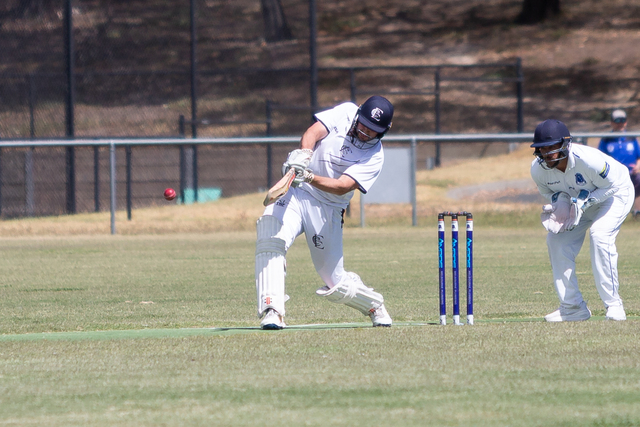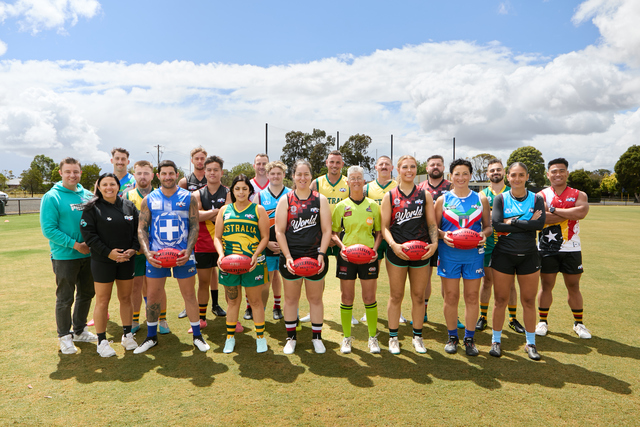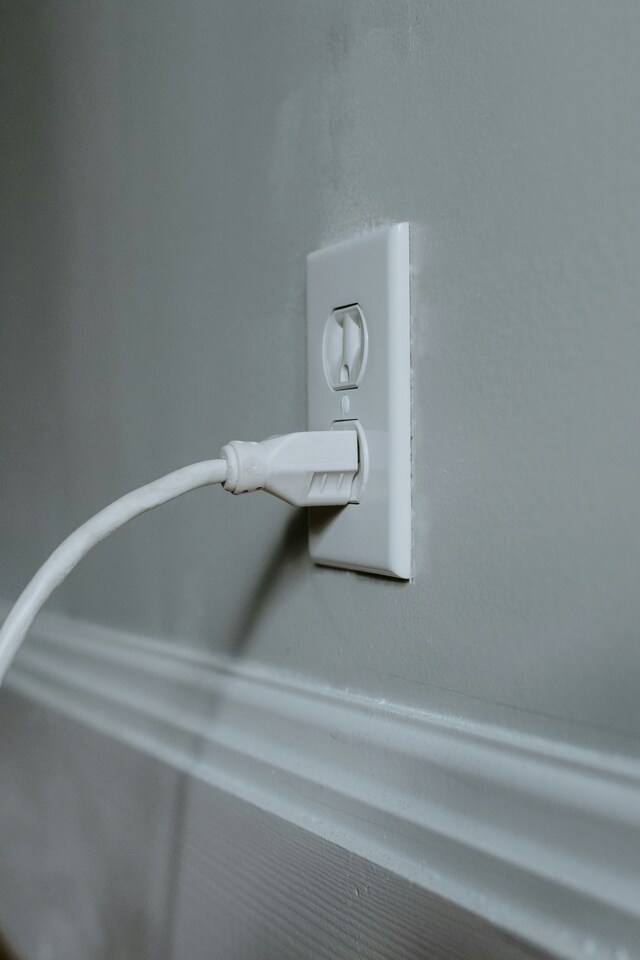Australian telehealth service InstantScripts has revealed the first bit of data from its new Mental Health Tracker.
Based on a survey of an independent panel of 1001 Australians, the data ranges from September 2021 to April 2022. It shows that 70 percent of Aussies surveyed say they struggled with their mental health, while 72 percent say their mental health is ‘good’ or ‘fair.’
Survey participants were asked seven questions about their mental health over the past six months, including the identification of any mental health symptoms suffered.
The data showed that women were overwhelmingly represented in the suffering of symptoms, while some respondent groups saw large age differences.
36 percent of participants said they had felt sadness unrelated to depression or a particular incident. Notably, 59 percent of this group were women.
32 percent of participants felt isolated with women making up 62 percent of this group, while 33 percent said they had found it difficult to stay focused on tasks, a group of which women made up 58 percent.
29 percent of participants highlighted that they had felt hopeless, with 61 percent of this group being women.
“Apart from our research showing how prevalent mental health struggles have been for the public, what I find very concerning is that half (46 percent) of respondents have never sought support from a mental health professional, while only a fifth (17 percent) said they were currently seeing one,” says Dr Andrew Thompson, registered doctor at InstantScripts.
“I urge those struggling with their mental health to speak to their doctor, access the myriad mental health support services available, and talk to supportive friends or family – particularly during times of extreme stress, worry, fear or anxiety.”
Worryingly, more than a quarter of participants said they suffered at least once per day, while 33 percent reported feeling symptoms once a week.
There is also a higher percentage of mental health symptoms present in young Australians, with 26 percent of 18 to 30 year olds reporting symptoms, as opposed to 13 percent of Aussies aged 50 and above.
However, there is a positive side to these findings, in that the majority of reported issues are not permanent.
“It is concerning to see the prevalence of mental health symptoms among our young population and, while suicide rates have decreased slightly, better access to preventative healthcare and treatment remains important,” says Dr Thompson.
“Fortunately, the recent Federal Budget includes a $547 million investment into mental health and suicide prevention, and I hope to see accessibility and affordability of services improve as a result.”
“The silver lining in our mental health survey is that, for a large proportion, much of these symptoms seem to be temporary, based on the current pandemic circumstances.”

















